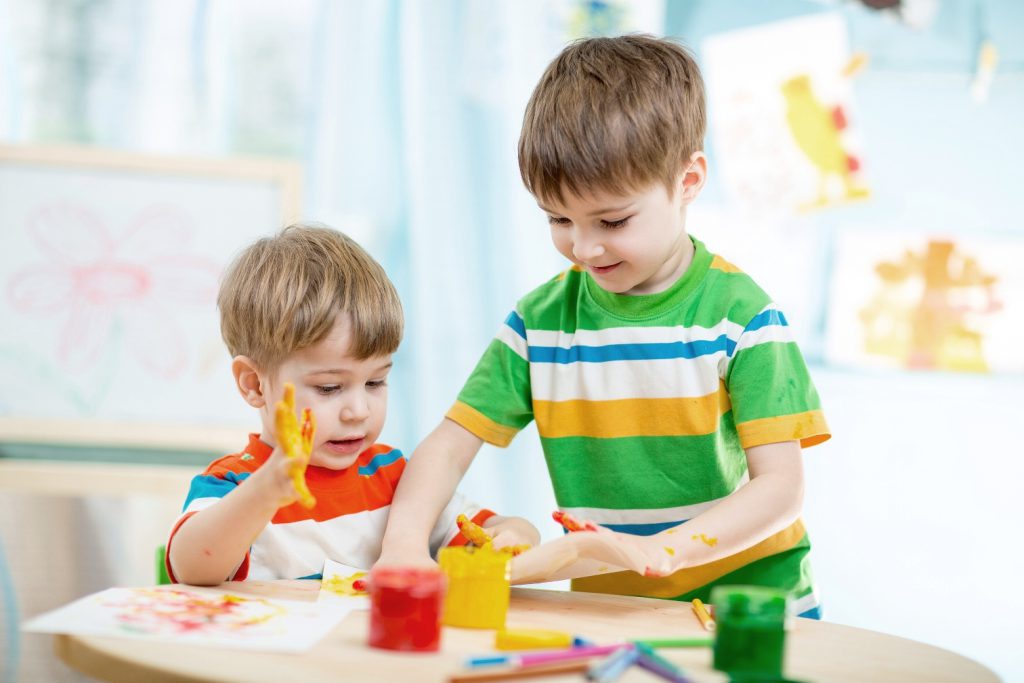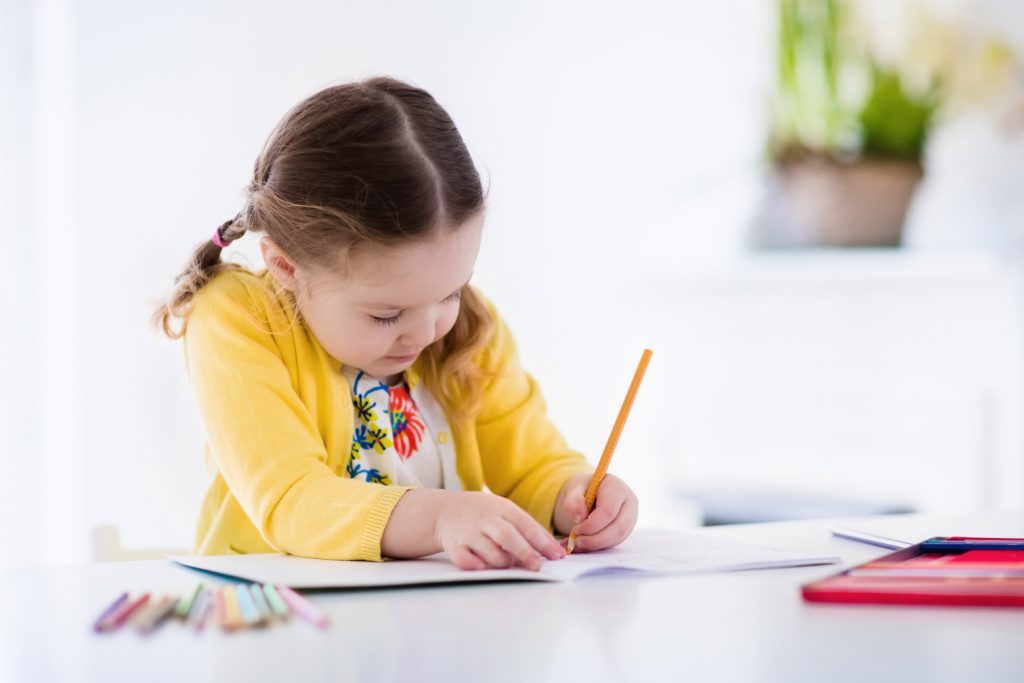Tips on Setting Learning Goals for Kindergarteners
It goes without saying that you as a parent want your children to be successful in every aspect of their lives. But is it really necessary to set learning goals for kindergarteners? Of course it is. Learning to set and accomplish goals from an early age is one of the keys to success. It helps children reach their full potential and make a connection between their personal choices and the final results.
In fact, setting goals is beneficial for kindergarteners in a number of ways. It uncovers their talents, strengths and abilities, thus improving their self-esteem. By learning to set goals and work towards their accomplishment, children learn to prioritize and manage their time. Setting learning goals for kindergarteners helps them involve in educational activities in a fun way.





How to set learning goals for kindergarteners
You’ll need to make a distinction between the expectations set by the kindergarten and your child’s personal learning goals. These personal learning goals can be a powerful tool especially for kids that do not easily conform to the expectations of the teacher. Your job as a parent is to help your child set a learning goal and work towards its accomplishment.1. Let your child set the goals
As a devoted parent, you may be tempted to set the learning goals for your children. But, remember that it’s best to let them decide what they want to achieve. Children who have a say in what they are learning are more motivated to succeed. In the beginning, it’s more important for the kids to see themselves making progress. The sole process of choosing a learning goal and working towards its realization will be a valuable growth experience for your child. If you see that your children have trouble defining a clear goal, pay attention to sentences starting with "I wish I could..." This way, you’ll discover the goal-setting techniques your child already uses, which will make it easier for you to direct them towards setting a goal. As soon as they choose one, you can help them make a plan.
2. Keep the goals realistic
The last thing you want is for your children to set goals that are impossible to reach. It will only leave them frustrated. Instead, learning goals for kindergarteners should be obtainable, measurable, and specific. In order to set such goals, your children will need your supervision and guidance. Help them think of a goal that they can achieve within a short time with fun activities. Small goals are the best to start with, since their accomplishment will get your kids moving towards bigger goals. Meeting any type of goal will give them the energy and motivation to keep going. If your children are ambitious and like setting high goals, and you’re not sure if they can achieve them, help them refine said goals. Instead of telling your children their goals are hard to achieve, suggest breaking every goal down into smaller steps. For example, if they want to learn how to draw a cat, set the first goal to learning how to draw the cat’s eyes.3. Be a goal-setting role model
Children learn best by example. Set some small goals for yourself and share them with your kids. Then, explain the small steps you have to take to achieve those goals. Kindergarteners are too young to recognize the challenge of meeting a goal, and they can get discouraged when they fall short. Therefore, show them by example that the process of meeting goals can be both fun and challenging. Just remember that the idea isn't to make the goals seem too daunting. Casually share your goals with your children. Talk to them about your aspirations, whether they are physical, social, or professional. Then, tell them how you plan to achieve those goals. This way, you’ll show your kids that goal setting is a skill they’ll need for life.
4. Track the progress
While kids should come up with their own goals, it’s your job as a parent to help them track the progress. You’ll need to break down the steps to accomplish a particular goal and come up with measurable results. You’ll also need to monitor your kids' progress regularly to help them stay on track. This is where KinderIQ online learning resources can help you. The KinderIQ free Kindergarten Readiness Test features dozens of online questions to help you assess your child's readiness for school and allows you to compare your responses to thousand of other parents so you know where to focus future learning activities. Thanks to the real-time reporting feature, you will receive immediate feedback. You can monitor your children’s performance and get real insight into areas at which they excel and those where they should improve. The feedback comes along with recommendations for specific learning activities, worksheets, and online games you can find on our platform. You can create a fun visual reminder of your kids' progress where you can draw or put stickers for every step of improvement. Put it on your wall and let your children mark the progress by themselves. Make sure to mark important checkpoints so you’ll know when to celebrate.5. Reward achievements
Achieving a goal takes hard work and definitely deserves encouragement. However, the purpose of practicing the skill of setting goals for kindergarteners is to grasp the sense of personal achievement. Therefore, do not make promises about any tangible rewards. Provide positive feedback, instead, and compliment your children on their effort and persistence. Allow your children’s feelings of personal accomplishment to be their own reward. As soon as they recognize the beauty of feeling good about their own success, they will be eager to set new, bigger goals.